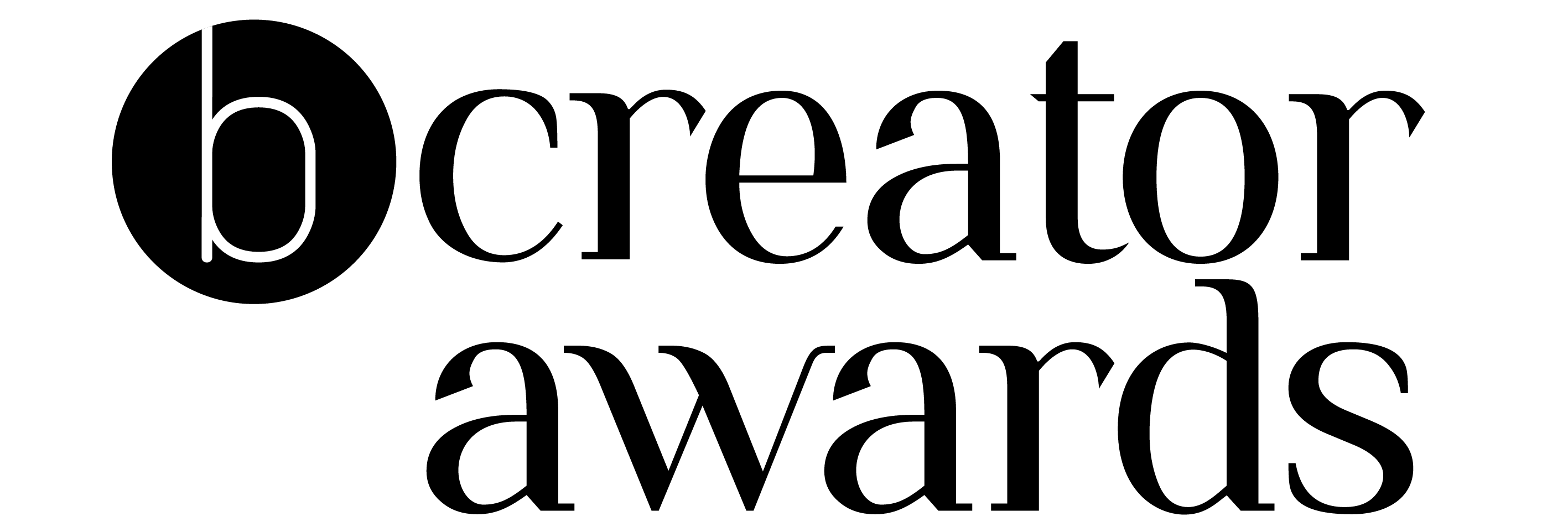When bCreator™ began in 2013 as ‘Blogosphere’, the creator landscape was very different, at the time blogs reigned supreme (hence our original name) and there were far fewer creators with million-sized audiences.
There was also very little curation of the industry and few opportunities to earn money. Local events were popping up across the country for bloggers to get together, either organised by bloggers themselves or by savvy PRs who recognised the influence they had to put new restaurants or brands on the map.
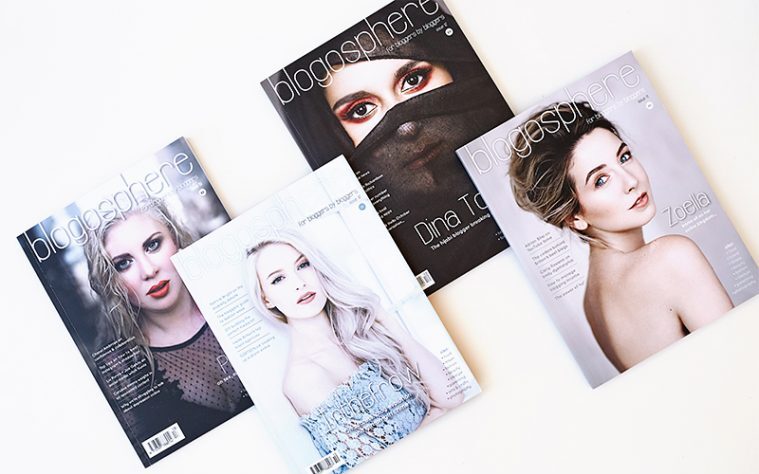
The hey-day of blogging was surpassed by microblogging/content creation on social media platforms like YouTube, Instagram and later TikTok; platforms that are free to join and don’t require the fees and expertise of running your own website/blog. With more people establishing themselves as social media-first creators, more talent management companies and marketing agencies opened as the budgets from brands towards these creators increased year on year.
Fast forward to today, influencer spend is at a high, though the industry’s explosion in growth has seen some platforms, especially the largest, having to restructure and refine to ensure their longevity in line with consumer behaviour. For example, TikTok’s rise around 2019 (when they headlined our creator Awards) was primarily for short form video entertainment (dance trends and lip syncing were king), yet recent changes on the platform are towards creators producing shoppable and searchable content because the younger generation are using the platform like a search engine.
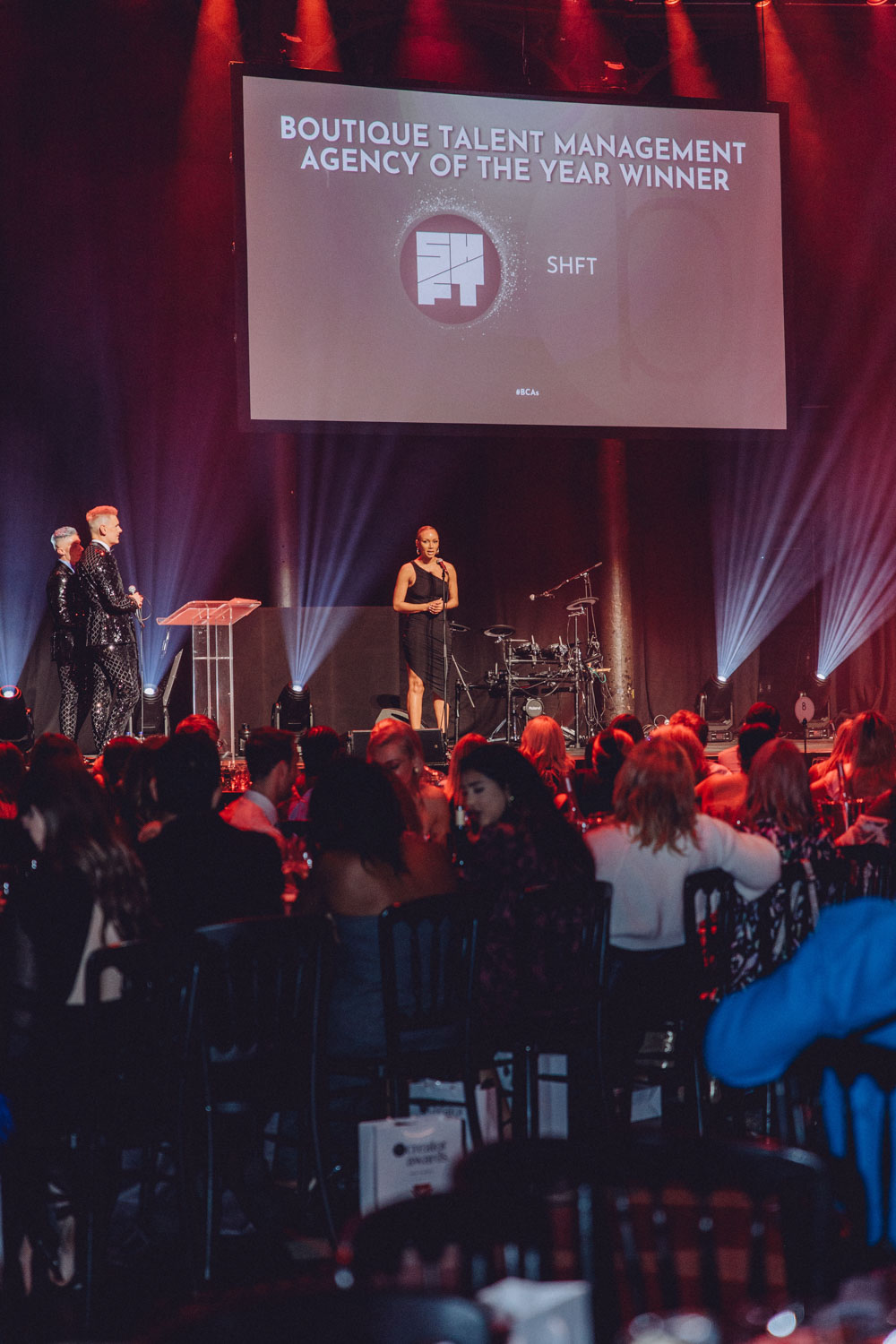
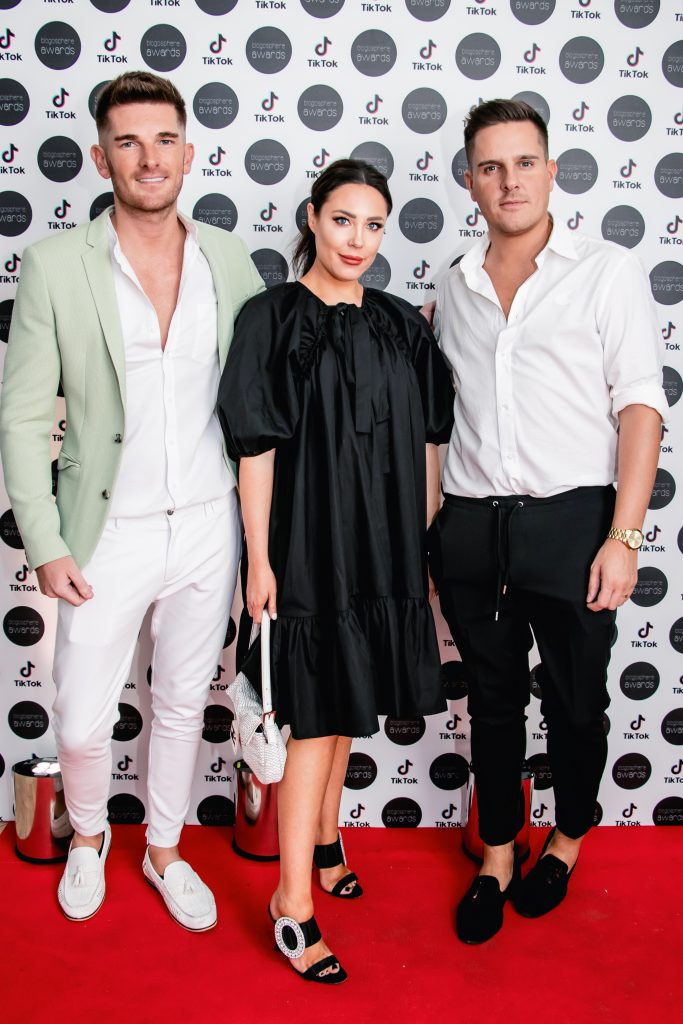
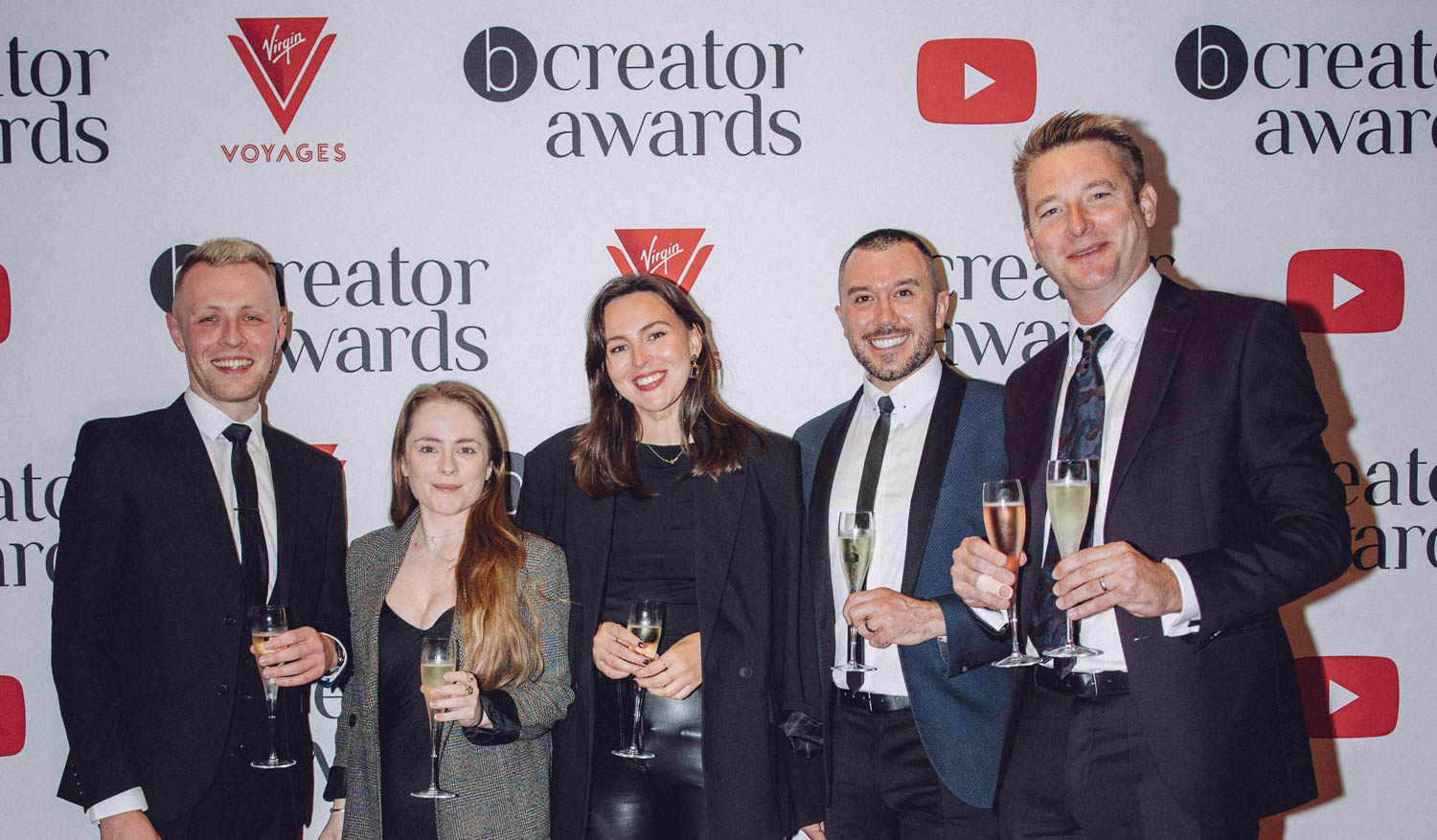
In 2023, AI seemed to be the word on everyone’s lips – suddenly ChatGPT was a thing and we questioned the authenticity of content more than ever with the rise of ‘deep fakes’ and AI-generated imagery.
There were also growing pains amongst the creator community, Instagram growth for many had plateaued and the explosive growth in the early days of TikTok seemed no more. Perhaps there was a collective burn out or creative fatigue post Covid as the emphasis on social media during lockdown became all the more crucial for connection. YouTube Shorts and Instagram Reels were also born out of this period as a result of the TikTok boom, though many creators now feel they are spreading themselves thin having to manage their time across multiple platforms.
More creators also means more competition for work as brands seek longer time partnerships with fewer creators, so, in 2024, where do they go from here? Can AI help ease the pressure on a creators’ workload? Will we see blogs resurface as a result of creator frustration with social media platforms?
We spoke to some creator economy experts about their 2024 industry predictions:
Firstly, how about AI? Lucy Woodall, the UK Creator Marketing Lead at YouTube thinks we’re on the brink of a groundbreaking era for AI innovation “to analyse audience behaviour, tailor content strategies, and unlock new creative possibilities.” Lucy also believes AI technology will become an “indispensable ally, elevating the art of storytelling for creators and brands in unprecedented ways.”

This is something that creator industry expert Dominic Smales agrees with sharing “I don’t think many people are thinking as much about AI potential when it comes to creating characters, scenarios and content.”
“I’m interested in generative AI, creative generative AI platforms, and I think in the future there will be opportunities for creators to enhance their own content and there will be some really well done creative collaborations between AI and real creators in the future.”
Dominic Smales, creator industry expert
Rachel Porter, Influence Creative Strategy Director at Ogilvy thinks AI influence will become “hyper-personal” this year, with a trend towards “sporting influence driving cultural impact during a sport-centric year” with major events like the Olympics in nearby Paris.
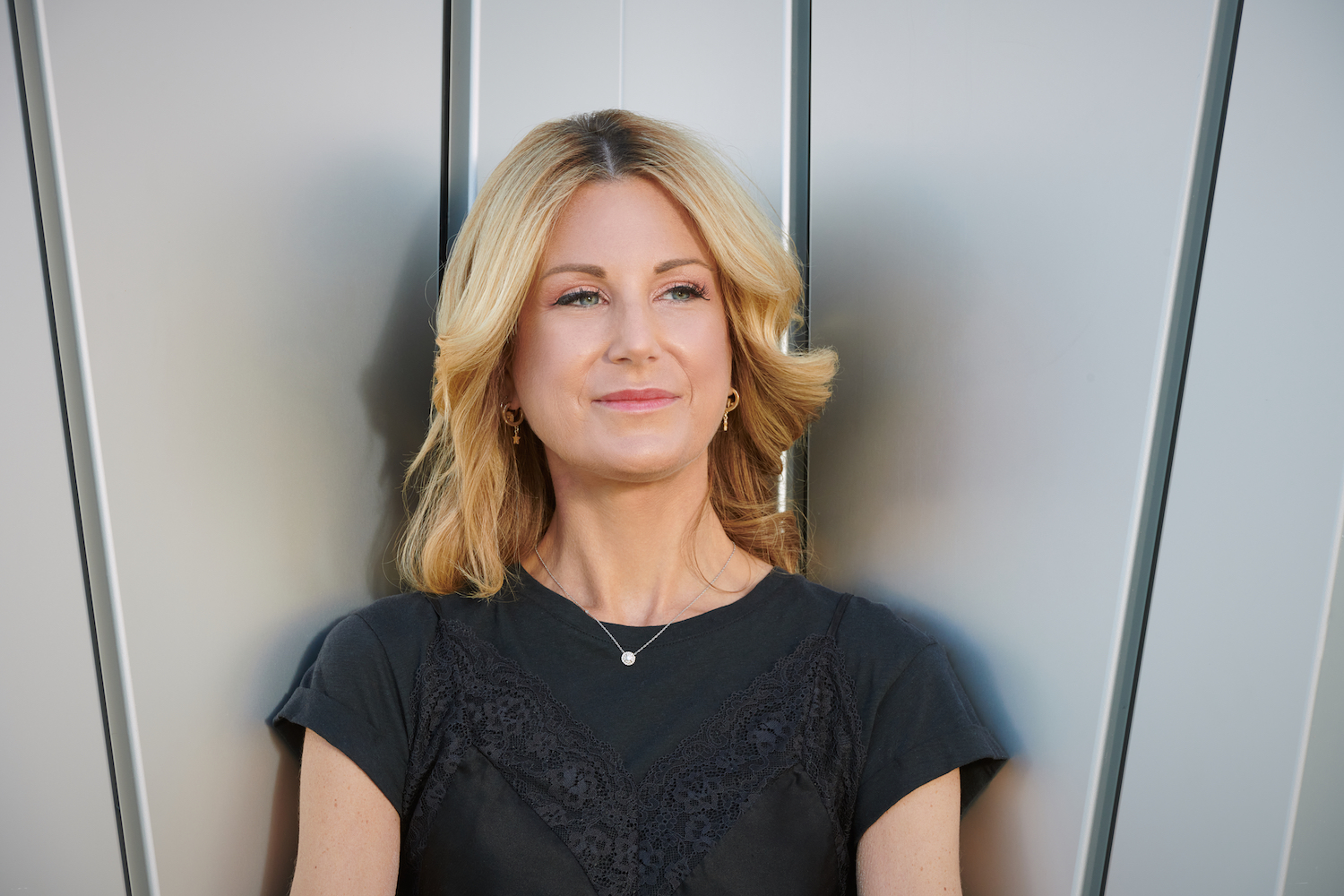
With AI raising questions about authenticity and Melanie Kentish’s (Founder of Dopamine Studios) belief that consumer trust is at an “all time low,” 2024 may bring a big shift in how brands approach creator marketing.
“Personal recommendations will become ever more important and we’ll see more brands moving focus of KPIs from reach to more action oriented outcomes such as the sharing of content, applying an additional layer of endorsement from their followers to their friends.”
Melanie Kentish, Founder of Dopamine Studios
Sarah Fallarino, Senior Talent Manager at Insanity believes “brands will steer away from heavy key messaging and offer their creators more control, as both parties strive for a more genuine and engaging connection with their audiences” and Melissa Chapman, CEO of Jungle Creations expects brands to “shift more spend away from flash-in-the-pan influencer campaign executions that live within the influencer’s environment and instead focus on nurturing long-term relationships with creator brand ambassadors who truly align with the product, messaging and positioning of the brand themselves.”
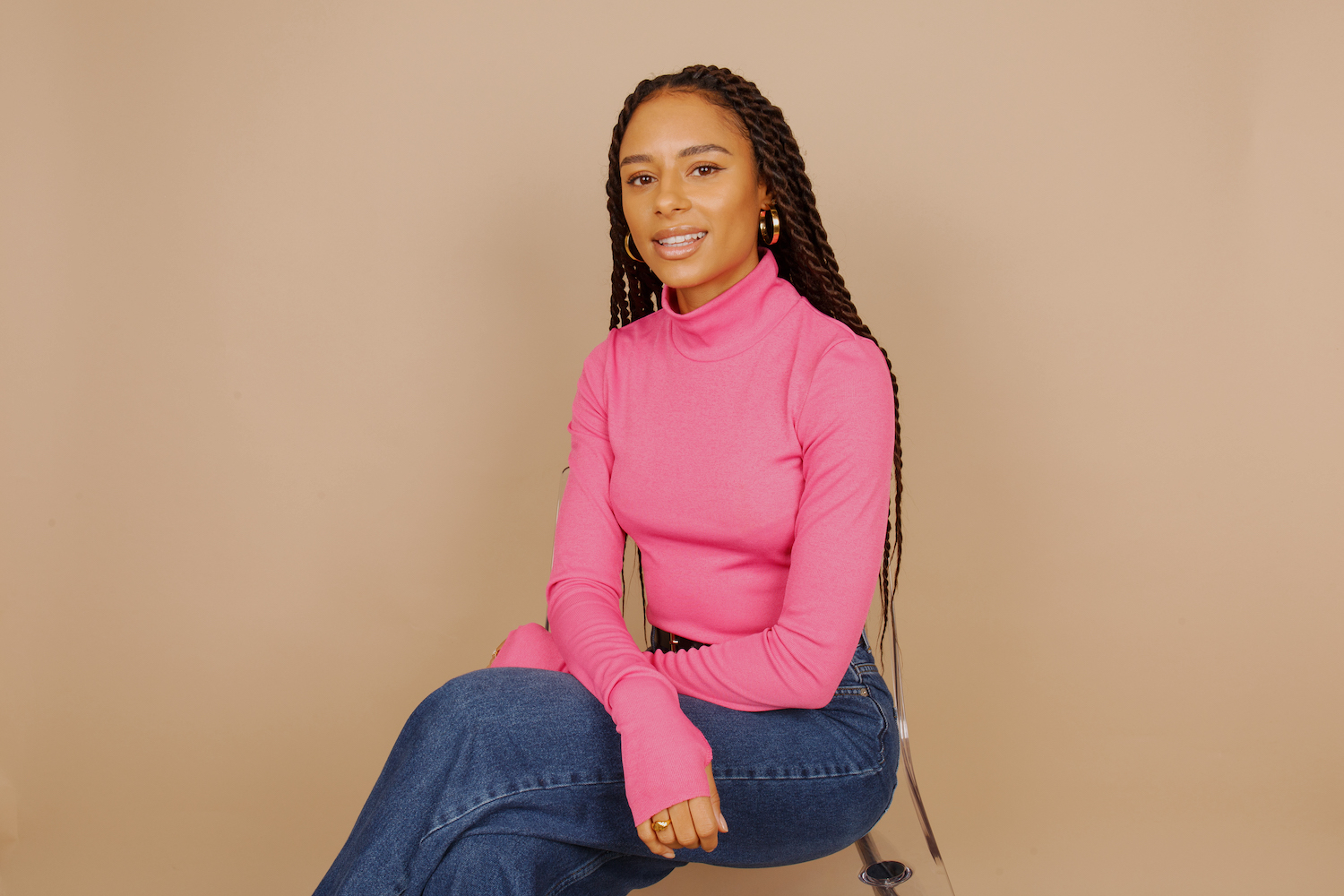
Charlotte Stavrou (founder of Boutique Influencer Marketing Agency of the Year SevenSix Agency) thinks 2024 will be the year of the blog after identifying the trend back last year, “lately I’ve been having lots of conversations with influencers who are either bringing back their blogs or gearing up to launch new ones, often paired with newsletters. Embracing blogging not only offers a refreshing change of pace but also opens up promising avenues for venturing into affiliate marketing and generating income.”
Earning passive income from affiliate marketing is a useful avenue for creators, and Chloë Downes, the Founder of Boutique Talent Management Agency of the Year SHFT, shares “I think more creators will be exploring adding additional revenue streams to their portfolio in 2024. A lot of brands have reduced their influencer marketing budgets over the past year which has meant some creators have seen a decline in campaigns. Whether this decline has directly impacted creators or they’ve seen the impact on their peers, more creators are realising the importance of not relying on brand campaigns as their sole revenue stream. I think there will be an uptake of creators joining affiliate marketing sites (such as LTK), joining YouTube and producing their own products.”
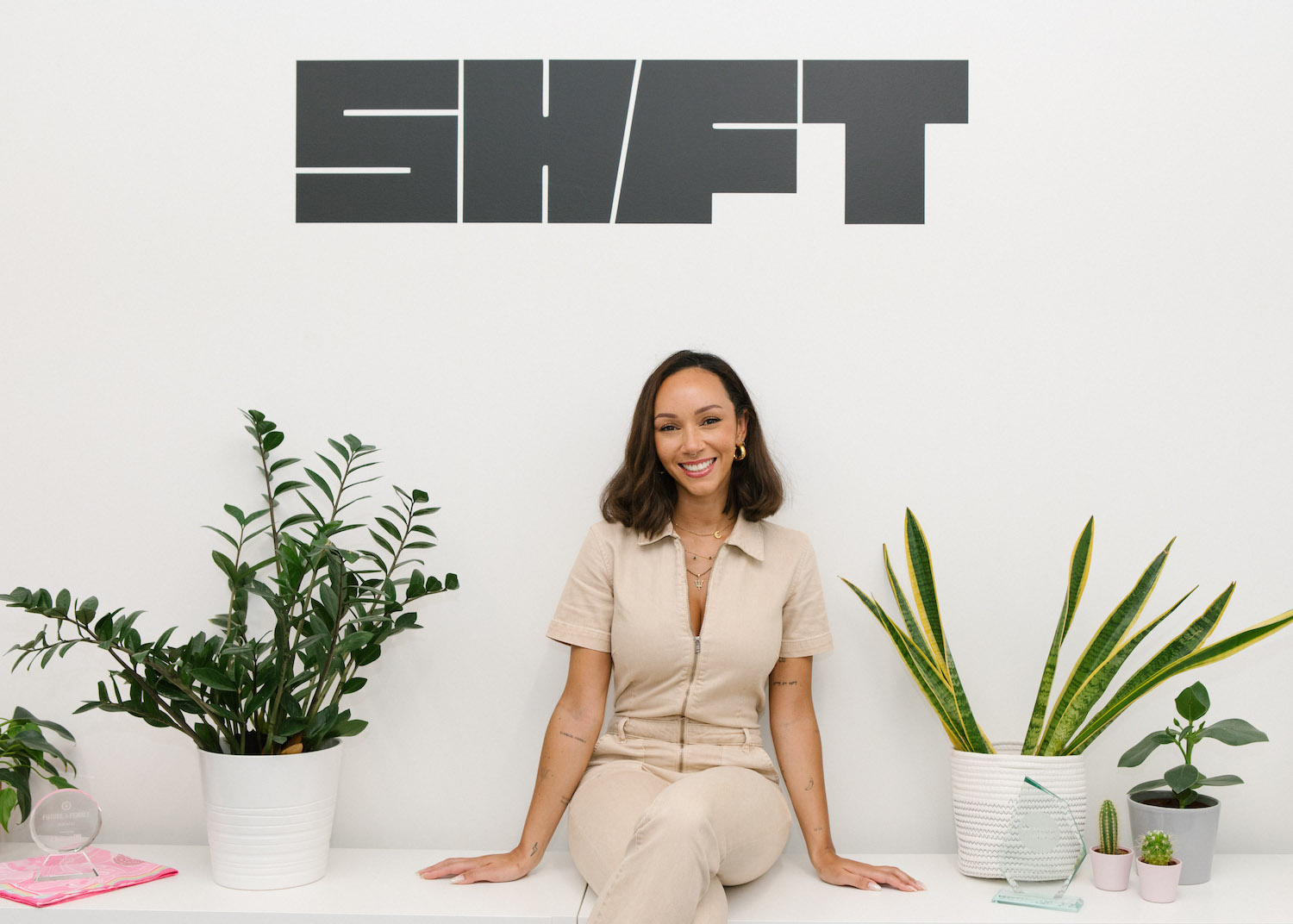
Melanie Kentish agrees about the desire for alternative revenue streams and thinks we’ll see “creators focusing on making businesses of their own rather than advertising the products of others. Whilst edits and collaborations are becoming more common amongst brands, 2024 will be the year which sees this supercharged with creators making, distributing and marketing their own product lines where they retain the IP, providing a more long-term sustainable revenue stream.”
Similarly, Dominic Smales advice for creators this year is to “focus more on upping the quality of their creativity as the world consolidates to quality and building their own IP and brands out of their engagement, rather than procuring it to advertisers.”

And what about those already producing incredibly creative content? The Executive Creative Director at EssenceMediacom Tom Curtis hopes that these individuals “who create incredible special effects-laden videos and share them on social media shouldn’t just be bracketed in the catch-all term ‘influencers’, but should actually be treated as legitimate production partners for a brand’s wider comms.”
The bCreator Awards celebrates the best of the creator economy in the UK. The last event took place on the 10th October 2023 at the Roundhouse with headline sponsor Virgin Voyages and supporting headline sponsor YouTube.
